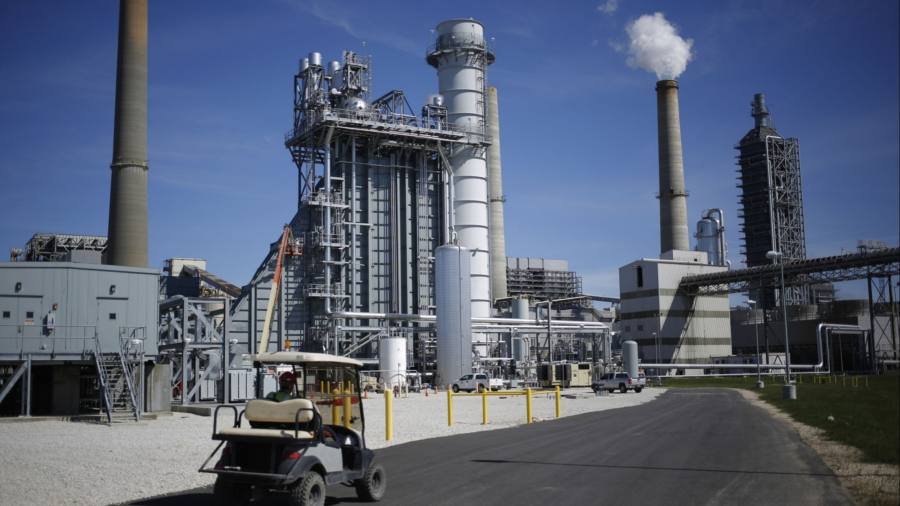Receive free NRG Energy Inc updates
We’ll send you a myFT Daily Digest email rounding up the latest NRG Energy Inc news every morning.
What do you do when you have one of the world’s most tenacious activist investors breathing down your neck? If you are NRG Energy, keen to fend off pressure from Elliott Investment Management, then you make rain for shareholders.
The Texas-based energy utility company on Thursday announced plans to nearly triple the size of its share repurchase programme from $1bn to $2.7bn. It unveiled new cost-cutting initiatives and promised to pay down debt and boost free cash flow. It is also working with an executive search firm to add new directors.
Unfortunately for NRG, that will not placate Elliott. The latter said in mid-May that it had taken a $1bn stake in the power company, or about a 13 per cent economic interest. Among its demands are a strategic review of the company’s recently acquired home-services unit, Vivint. It also wants NRG’s chief executive out.
The $5.2bn purchase of lossmaking Vivint has caused NRG this trouble. That deal was pricey. It also added to NRG’s debt burden. Since the transaction was announced, NRG’s shares have fallen by some 17 per cent.
They definitely do not agree on strategy. Elliott wants NRG to focus on its core business of generating and supplying electricity. NRG management thinks the future is in consumer-facing businesses.
It has an ambitious plan to return $6.9bn — or the equivalent of 85 per cent of its market capitalisation — to shareholders through dividends and buybacks over the next five years. NRG also expects to pay down $2.5bn of debt. Both depend in part on its ability to cross-sell smart home gadgets and services to its energy customers. This would generate at least $300mn of incremental free cash flow annually by 2025, thinks NRG.
Good luck with that. Selling Vivint to pay down debt makes more sense. But NRG, which only closed the deal in March, would probably have to sell at a loss. NRG reported a net loss of $1.3bn in its most recent quarter. A compromise would centre on cutting costs. The energy has yet to fade on this activist battle.
Read the full article here




